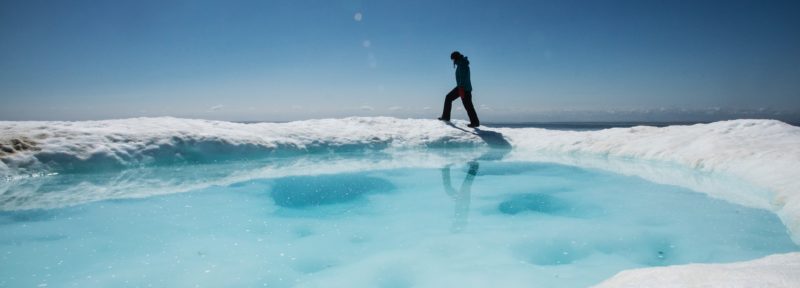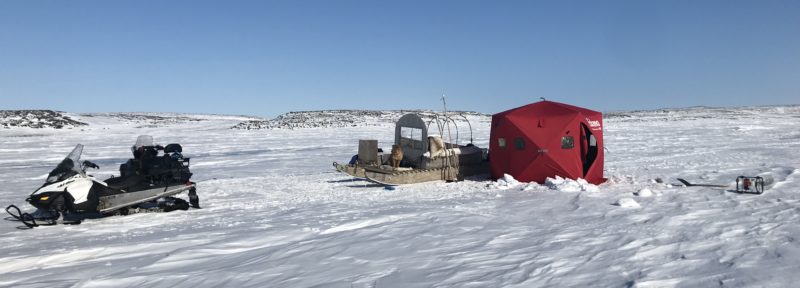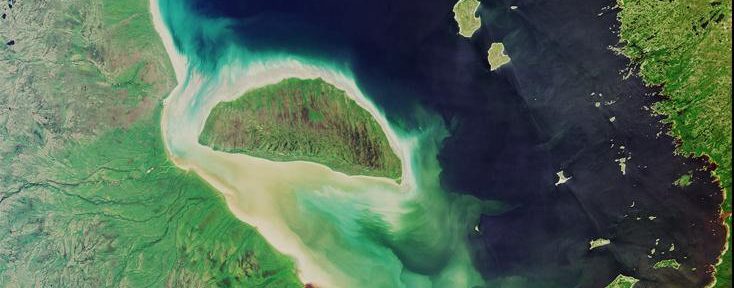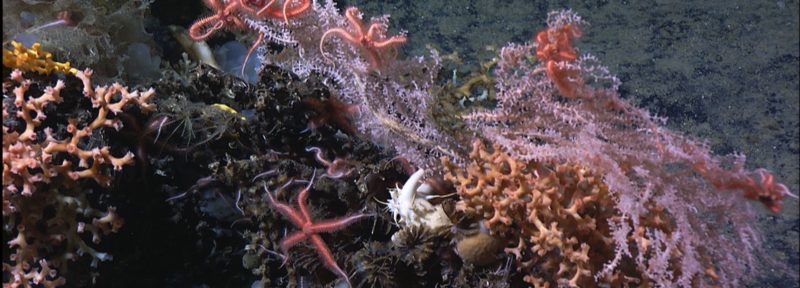Seven Steps Toward Marine Conservation in 2022
As 2022 comes to a close, we wanted to highlight some of the most significant developments of the past year in our marine conservation work. Protecting our oceans from climate change, overfishing, industrial pollution and other threats can be a challenging task. But it’s worth pausing to recognize that small steps forward add up to real progress over time.
In that spirit, here are seven milestones from our campaign work with our partners over the past year:
- Closure of Herring and Mackerel Fisheries in Atlantic Canada: In late March, Fisheries and Oceans Canada (DFO) made the difficult decision to close the bait and commercial fisheries for herring and mackerel to protect the long-term health of these forage fish. To learn more about why this was needed, read our blog about mackerel or listen to episode one of our podcast The Ocean Project.
- New Protection for Deep-Sea Ecosystems of Eastern Canyons off Nova Scotia: The fisheries closure of the Eastern Canyons Marine Refuge, an area covering 43,976 kilometres off Nova Scotia, was announced in June. This closure will help protect deep-water corals, sponges and bottle-nosed whales that are threatened by climate change the loss of biodiversity. Oceans North is also working at the international level to protect the high seas, and raise concerns about deep seabed mining.
- Arctic Research Expeditions: Two summer research expeditions spent many weeks traveling through the eastern Arctic and Hudson Bay, gathering new information about these marine ecosystems. We partnered with the National Geographic Society’s Pristine Seas expedition to document the need for marine conservation in Nunatsiavut, Western Hudson Bay and the James Bay and Arqvilliit In August, we joined our partners in the second year of the R/V William Kennedy research expedition to explore James Bay, one of the least-studied bodies of water in Canada.
- Publication of a Climate Risk Index for Marine Life: In late August, this important study was published in Nature Climate Change, providing a comprehensive analysis of the risks climate changes poses to nearly 25,000 species. One of our staff was co-author on this report which supports the need for DFO to incorporate the impacts of climate change on fisheries management.
- Federal Minister Rejects Baffinland’s Proposed Expansion of Arctic Mine: After years of public hearings and controversy, Northern Affairs Minister Dan Vandal accepted the Nunavut Impact Review Board’s recommendation and turned down Baffinland’s request to double its production at the Mary River iron ore mine near the Tallurutiup Imanga National Marine Conservation Area. Oceans North has supported the concerns raised by local communities about the risks of increased ship traffic to narwhal and the marine environment. Read coverage of this important decision in The Guardian and the Canadian Press.
- Partnership with First Nation to Develop First Zero-Emission Lobster Boat: This month, we announced a new partnership with Membertou First Nation to develop the first generation of zero-emission lobster vessels. Powered by electric batteries, this type of vessel will help reduce emissions and lessen the impact of climate change while cutting operation costs for fishers.
- Federal Government Pledges $800-million for Indigenous-Led Conservation: This month brought the major announcement that up to $800-million will be invested in four Indigenous-led conservation projects in Canada. This includes funding for the Omushkego Conservation Project in western James Bay and southwestern Hudson Bay as well as a bold vision for Inuit-led protection, stewardship, and management across the Qikiqtani region of Nunavut.
Ruth Teichroeb is a regular contributor to Oceans North and is former communications director. She is based in Seattle, Washington.





